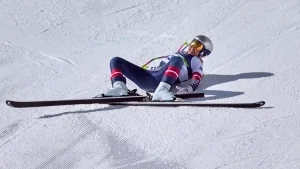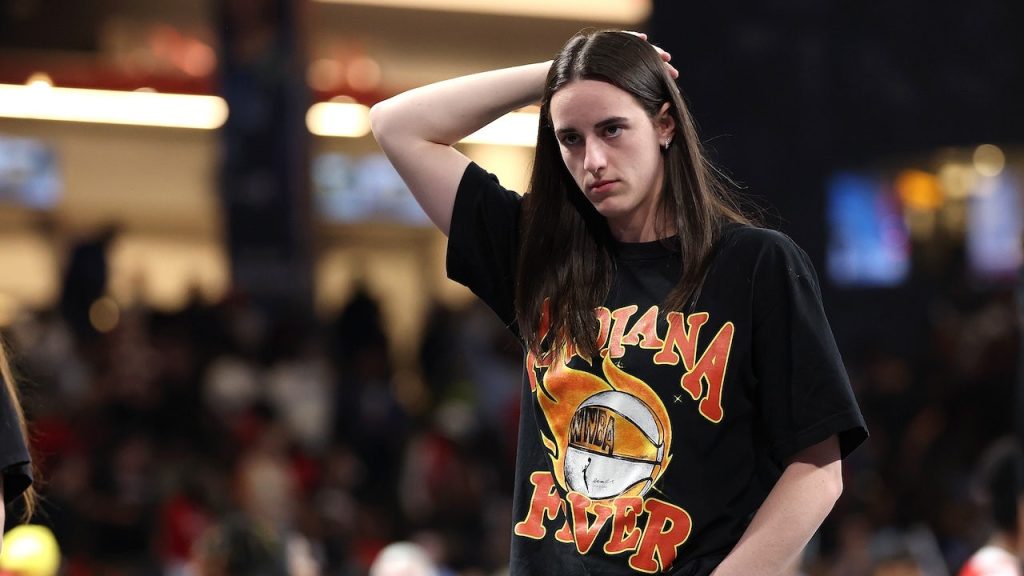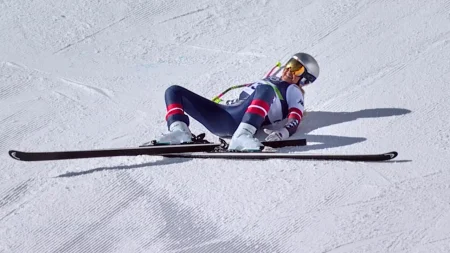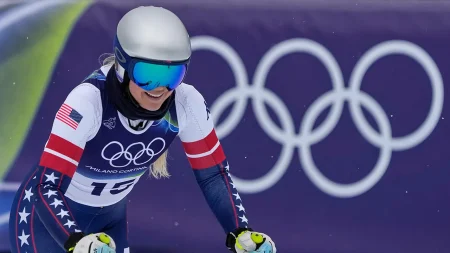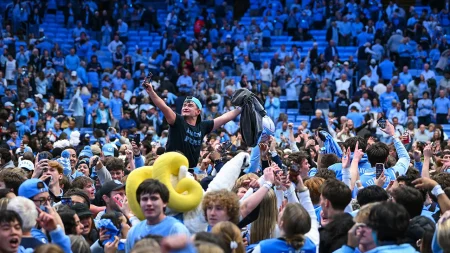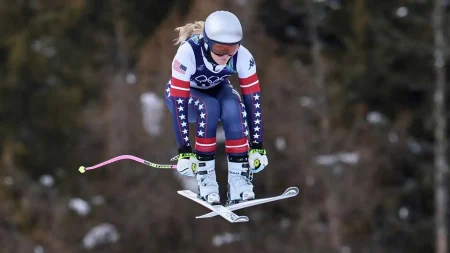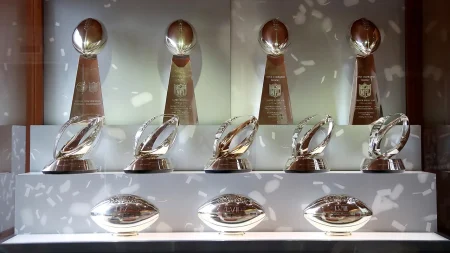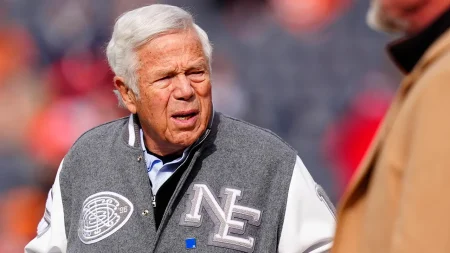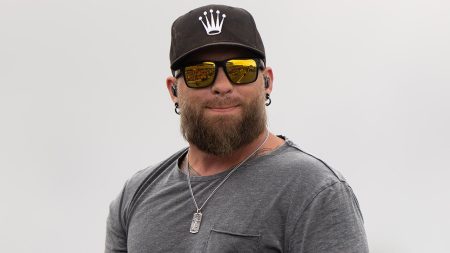Caitlin Clark’s $200 Fine for Instagram Comment Highlights Ongoing Tension with WNBA Officials
WNBA rookie sensation Caitlin Clark revealed on social media that she was fined $200 by the league for commenting that “refs couldn’t stop us” after the Indiana Fever’s playoff victory over the Atlanta Dream. The fine is particularly noteworthy because Clark hasn’t played a game in months due to a season-ending injury. “Got fined $200 for this lol,” Clark posted on X, sharing a screenshot of her celebration comment. She added enthusiastically, “BENCH MOB WILL BE EVEN MORE ROWDY TOMORROW LETS GOO!!!!!!!!!!!!!” Her teammate Sophie Cunningham jokingly suggested starting a GoFundMe for Clark to help pay the fine, quipping, “That’s gonna really break the bank for her.” While Clark’s WNBA salary is a modest $78,066 for 2025, her endorsement deals are reportedly worth far more, making the fine more symbolic than financially burdensome.
Despite being sidelined by injuries, both Clark and Cunningham have remained highly visible during Indiana’s playoff run, particularly in their interactions with officials. During a recent playoff game against the Atlanta Dream, cameras caught the pair making demonstrative gestures toward referees, suggesting an Atlanta player should be called for traveling. The moment went viral on social media, especially when Clark playfully repeated the gesture later in the game after officials finally made the traveling call. This playful but pointed interaction highlights the ongoing narrative surrounding Clark’s treatment by WNBA officials since her entry into the league earlier this year.
The relationship between Clark and WNBA referees has been contentious throughout her rookie season, with multiple people in her circle speaking out about perceived unfair treatment. Cunningham notably defended Clark after a June incident against the Connecticut Sun that resulted in a brawl, telling reporters, “I think the refs had a lot to do with that. It was a build-up for a couple years now of them just not protecting the star player of the WNBA.” She emphasized her commitment to protecting her teammates, demonstrating the frustration felt within the Fever organization about officiating standards. Even Clark’s brother Colin suggested that referees were partially responsible for the injury that sidelined her in July, though he later deleted his social media post.
Fever Coach Stephanie White has also been vocal about officiating concerns regarding Clark. After a controversial no-call against the New York Liberty in May, White didn’t mince words: “I thought she got fouled. I think it’s pretty egregious what’s been happening to us the last few games. The disrespect right now for our team has been pretty unbelievable.” This pattern of public statements from those close to Clark suggests a systemic concern about how the rookie star is being officiated, rather than isolated incidents. The perception that Clark isn’t receiving fair treatment from officials has become a recurring theme in her first WNBA season.
For her part, Clark has walked a fine line between expressing frustration and maintaining professionalism. Earlier in the season, she came close to receiving a one-game suspension after accumulating technical fouls. She expressed her perspective at the time: “It stinks because I feel like half of my technicals this year, I got one for that inadvertent contact to the face in the Minnesota game and then two for hitting the stanchion of the basket. One was a complete accident, and then the other two were just a little frustration with myself.” Her acknowledgment of needing to better control her emotions while also defending herself shows the challenging position she’s in as the league’s most visible new star.
Clark’s willingness to publicly acknowledge her fine for criticizing officials represents a bold stance from a rookie player, especially while her team continues their playoff journey without her on the court. The incident underscores the complex dynamics between star players, league officials, and social media in today’s WNBA. As Clark’s influence grows both on and off the court, her relationship with officials will likely remain under scrutiny. The tension between protecting the game’s integrity through consistent officiating and allowing the league’s most marketable stars to express themselves authentically is a balancing act the WNBA continues to navigate as its popularity surges. For Clark, this $200 fine may be insignificant financially, but it represents another chapter in her already eventful WNBA story.
